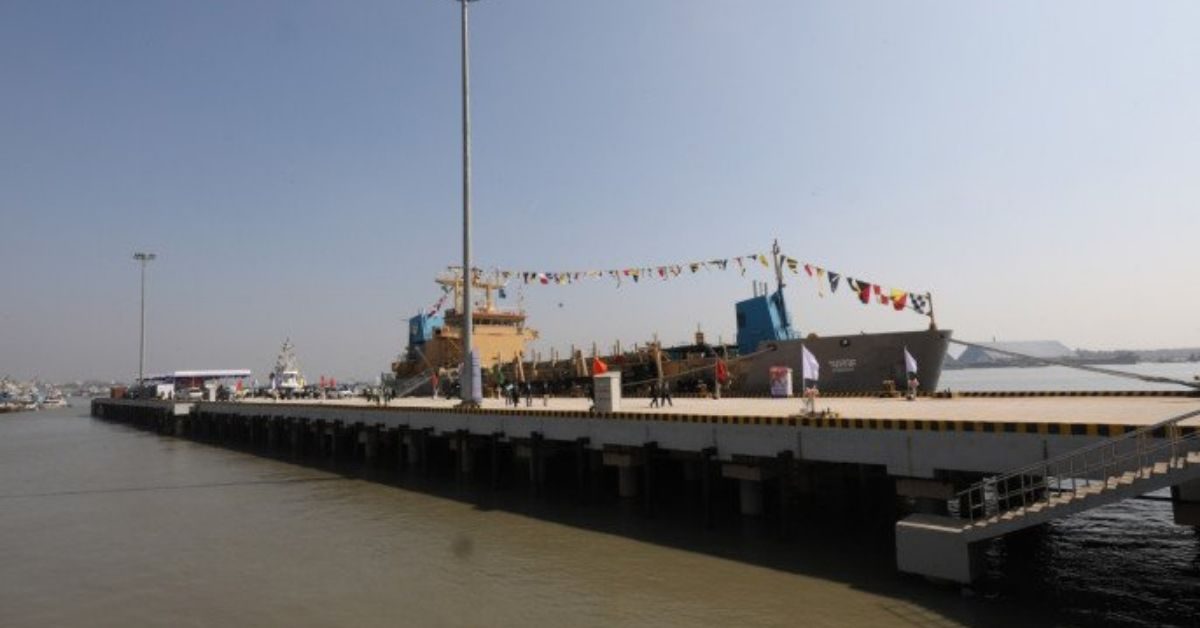The serial method for moving cargo from Chattogram Port to different naval locations throughout the nation has been restored by the Bangladesh Water Transport Coordination Cell (BWTCC).
Importers are no longer able to select their vessels at will under the new arrangement. They have to use the vessel that was assigned to them in the serial order instead.
In Agrabad, Chattogram, Commodore Mohammad Maksud Alam, director general of the Department of Shipping, formally introduced the new system. Ship owners and local agents were present, along with representatives from three important associations: the Bangladesh Cargo Vessel Owners Association, Coastal Vessel Owners Association, and Inland Vessel Owners Association of Chattogram.
BWTCC has finalized shipping prices for 37 destinations from Chattogram’s outer anchorage in conjunction with the relaunch. With effect from November 4, the new tariffs represent an average decrease of almost 6% o The freight charge has been lowered from Tk574 per tonne to Tk550 per tonne from Chattogram’s outer anchorage to Dhaka, Narayanganj, and Muktarpur (Munshiganj).
The rates for Taltali in Barguna have decreased from Tk1,035 to Tk984, Bhola from Tk720 to Tk684, and Barishal from Tk580 to Tk551.
By assigning the lighter ship “Lily 7” to the delivery of commodities from Kutubdia to Ashuganj, the serial system was officially launched.
Despite historical obstacles, all parties involved will strive to guarantee accountability and openness in cargo transportation, according to Sayeed Ahmed, president of the Bangladesh Cargo Vessel Owners Association. ver the old charges.
Although transit costs were lower after a year without the serial system, prices stayed the same. He pointed out that ship owners were greatly impacted by this, with some even having their vessels scrapped.
The Water Transport Cell used to be in charge of freight transportation on lighter ships.
The Inland Vessel Owners Association of Chattogram left the cell after the High Court terminated its operations in 2022 over claims of corruption, irregularities, and syndicates.
With freight prices agreed between importers and ship owners, the three associations have been independently controlling vessel allocation since 2023, resulting in an average 20% drop in charges.
From Chattogram Port’s outer anchorage, some 2,500 lighter ships—400 of which are owned by industrial companies—transport products to 37 locations throughout the nation.








